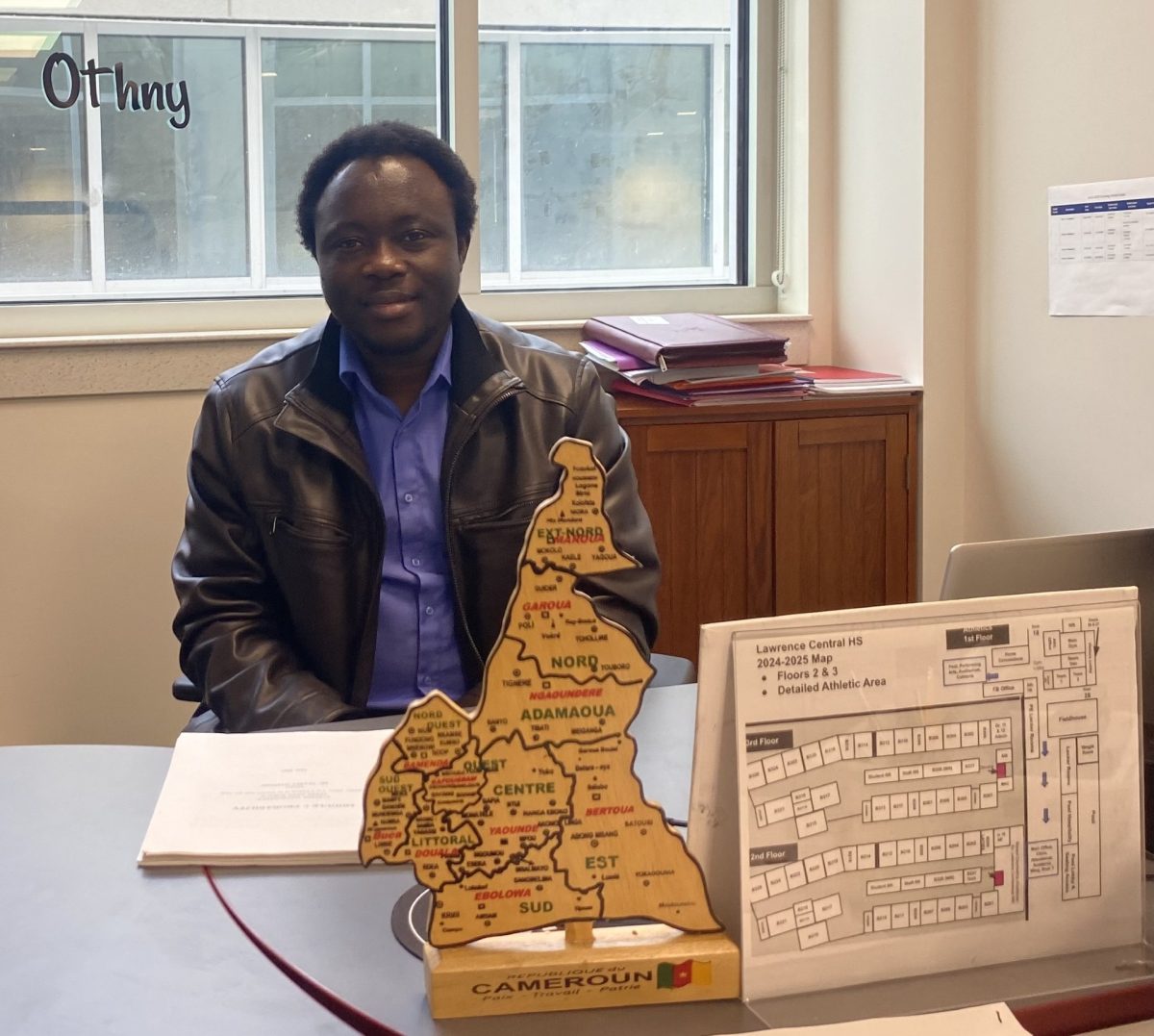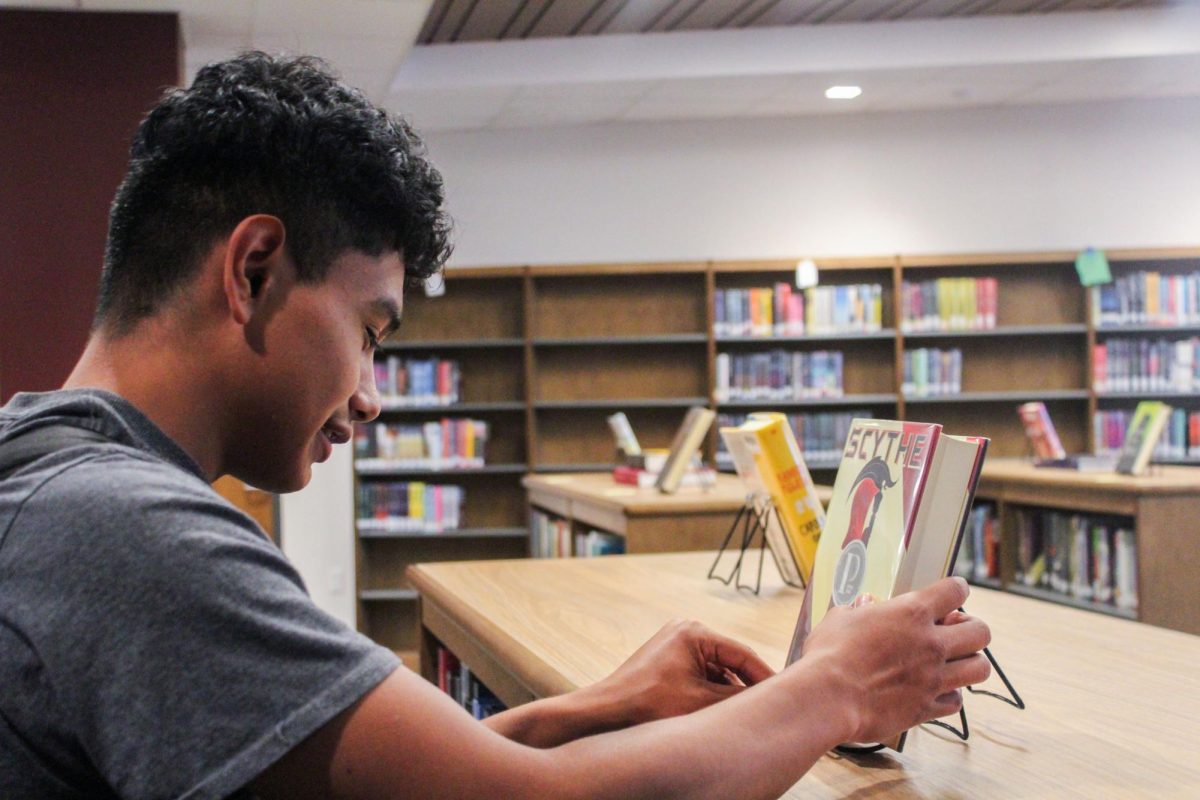Online entertainment has turned into an almost essential piece of our lives. It has altered the manner in which we interact and share data. In any case, with the rising utilization of social media and entertainment, there has been an uprising of perils related to it. Children are now more vulnerable to online predators, cyberbullying, and openness to improper substances if not supervised properly. [A conversation with handling online entertainment and the actions that can be taken to safely introduce the internet to children.]
According to UNICEF, more than 175,000 children access the internet for the first time every day. Digital access not only exposes these children to a wealth of benefits and opportunities, but also poses a range of risks and harms, including access to harmful content, sexual exploitation and abuse, cyberbullying, and misuse of personal information.
Online child sexual exploitation is often viewed as child abuse by adults, but research shows that child exploitation materials can be shared on social media or created by children themselves. Sometimes referred to as homegrown sexual content, this often takes the form of “sexting,” where explicit content is solicited, collected, and shared.
Guardians, teachers, and policymakers need to go to proactive lengths to shield children from these risks. The primary peril related with kid abuse via web-based entertainment is online predators. These predators utilize web-based entertainment stages to target naive kids. They frequently mislead their victims into believing they are the same age to acquire their trust. According to the Child Crime Prevention & Safety Center, it is estimated 500,000 online predators are active every day.
The subsequent peril is cyberbullying. Virtual entertainment stages give a stage to menaces to harass and scare their victims. Examples of cyberbullying according to UNICEF are sending hurtful or threatening messages, impersonation, or spreading lies and embarrassing pictures.
Lawrence Central’s Biology/Zoology teacher, Mrs. Thomas was born in 1990 when Google had not been invented. “So for the first foundational years; 0-12 I had to be very social and most of what I learned was by interacting with other people. Not interacting with cell phones, computers, and the internet. When I was in my formative years, like 18- early

20s, cell phones were getting very big. When I first got a cellphone all we could do was text– there was no internet on it… When I got to college computers started to become part of what you did. So all my learning up until college was based on social interaction and books.”
We see the contrast between generations because our generation experienced seeing our teachers use projectors, and computers to better our learning. Mrs. Thomas doesn’t believe that technology creates a barrier between herself, and teaching. “I was fortunate enough to learn technology as it was developed. I was young enough to be resilient when new technology was being brought about. So I feel like I have a fine balance of knowing when to use technology to benefit yalls generation and then knowing when to supplement with books and in person resources.”
Regardless, Mrs. Thomas believes that technology can also make it hard for her to get through to students. “I will be teaching and I will have to repeat myself like 4-5 times because students are so plugged into their phones. Because phones are literally designed to cause your brain to release hormones that make you happy. So if I have a student that has a phone that’s literally built to make their brain go off, what’s gonna make them wanna listen to me, over their phone.”
According to Alina Health, several studies have linked excessive screen time with school problems, anger, aggression, frustration, depression, and other emotional problems. Overstimulation impairs children’s ability to concentrate, drains their mental energy and often leads to explosive behavior.
Mrs. Thomas shares that the scariest thing about the internet is the freedom of information. “I feel that not just kids, even adults are so able to, if they have a question, go to google and be like hey what does this mean? And google will give them a response. I think that if you interviewed people I would say that 90% would look at that response and be like this is what it, the internet told me so.” There is so much misinformation on the internet so it is important to distinguish what the facts are– and do genuine research. Mrs. Thomas concludes that thought with,“Most of society relies that the internet is 100% correct.”
The technology will only grow to be a bigger part of life as it advances. It is important to be mindful of your consumption of the internet for this reason. Holding yourself and others accountable for how you utilize technology, and how much of the internet you consume is important too.
“I think the internet is a part of our society, whether we like it or not. So I feel like there is not a correct age to introduce the internet at– I think it’s how to correctly use it. I think you could introduce technology or the internet to any age group, but you have to teach them how to set limits with that. And recognize when they are using it too much or in the right ways or how they should be using it. More So than how much or how early to use it.”









